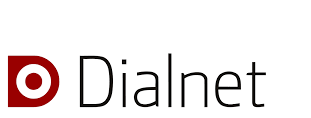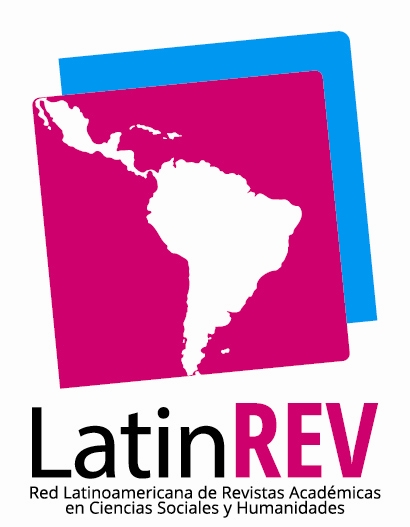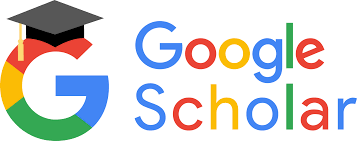Study of adolescent narrative discourse: implications for phonoaudiology and education
Keywords:
phonoaudiology, education, communicative competence, narrative discourse, adolescenceAbstract
Research in the field of language development has yielded a vast bibliographical production around the first years of its acquisition. However, the adolescent age group is not sufficiently researched. Therefore, the objective of this work is to characterize the narrative discourse in adolescents. It was a cross-sectional investigation with a descriptive and exploratory purpose. The method to evaluate discourse "PREDI" was applied, which consists of a set of procedures to evaluate the narrative discourse. We worked with a sample of 20 students who attend a secondary school in the Province of San Luis. The first results obtained showed that, although in the narrative discourse the subjects present a complexity of high narrative superstructure, in the aspects of content there was little use of temporal and causal relationships. The results found are significant for Speech Therapy and Education, since, although they do not indicate language pathology, it is important to detect these limitations in order to design a timely therapeutic intervention. Likewise, it is necessary to rethink interdisciplinary proposals, with phonoaudiologists and educators that aim at the development of narrative discourse in adolescents.
Downloads
References
Acosta, V. y Moreno, A. (2005). Dificultades del lenguaje en ambientes educativos. Del retraso al trastorno específico del lenguaje, Barcelona, Masson.
Aravena Reyes, S. (2010). El desarrollo narrativo desde la infancia a la adultez: análisis de la referencia de persona, tiempo y espacio y su relación con la estructura narrativa (Tesis de Doctorado), Facultad de Filología, Universidad de Barcelona, Barcelona.
Boullón, M. (2013). “Semiología de los trastornos específicos del lenguaje” en Aizpún, A. M.; Boullón, M.; Dudok, M.; Kibrik, L.; Maggio, M. V.; Maiocchi, A. y Vázquez Fernández, P. Enfoque neurolingüístico en los trastornos del lenguaje infantil. Semiología, evaluación y terapéutica aplicada, Buenos Aires, Akadia.
Berko Gleason, J. y Bernstein Ratner, N. (2010). El desarrollo del lenguaje, Madrid, Pearson Educación.
Burgos, M. (s/r) Formalismo y Funcionalismo: concepciones teóricas y metodológicas divergentes dentro de la lingüística. Recuperado en http://manuelburgos.com/Manuel_Burgos/INTERESTS_files/FormalismoFuncionalismo.pdf
Calsamiglia Blancafort, H. y Tusón Valls, A. (2001). Las cosas del decir: manual de análisis del discurso, Barcelona, Editorial Ariel.
Chomsky, N. (1999). Aspectos de la teoría de la sintaxis, Barcelona, By Editorial Gedisa.
Clemente Estevan, R. (1995). Desarrollo del Lenguaje: manual para profesionales de la intervención en ambientes educativos, Barcelona, Octaedro.
Desinano N. y Avendaño F. (2011). Didáctica de las ciencias del lenguaje. Enseñar ciencias del lenguaje, Rosario, Homosapiens.
Coloma, C. J. y Pavez M, M. (1999). Seminario del análisis del discurso, Chile, Universidad de Chile - Facultad de Medicina - Escuela de Fonoaudiología.
Hymes, D. (1996). Acerca de la Competencia Comunicativa. Forma y Función, Nº 9, pp. 13-37. Recuperado de http://revistas.unal.edu.co/index.php/formayfuncion/article/view/17051
Pavez G., Coloma T. y Maggiolo L. (2005). El desarrollo narrativo en niños: evaluación y estimulación, Barcelona, Ars Médica.
Pavez, M. M., Coloma, C. J., Maggiolo, M., Martínez, L. y Romero, L. (2008). (2º ed.) Test Procedimientos para evaluar discurso (PREDI), Chile, Ediciones Universidad Católica de Chile.
Ortega de Hocevar, S. y Quesada de Guidici, M. E. (2004). Desarrollo del lenguaje verbal. Argentina. EFE.
Owens, R. E. (2003). (5º Ed.) Desarrollo del Lenguaje, Madrid, Pearson Educación.
Van Dijk, T. (1978). La ciencia del texto, Barcelona, Ediciones Paidós Ibérica.
Van Dijk, T. (1980). Texto y contexto: semántica y pragmática del discurso, Madrid, Ediciones Cátedra.
Downloads
Published
Issue
Section
ARK
License
Copyright (c) 2018 Mara Yanina González, María Elena Pereira Flores, Sonia Cecilia Echegaray

This work is licensed under a Creative Commons Attribution 4.0 International License.






